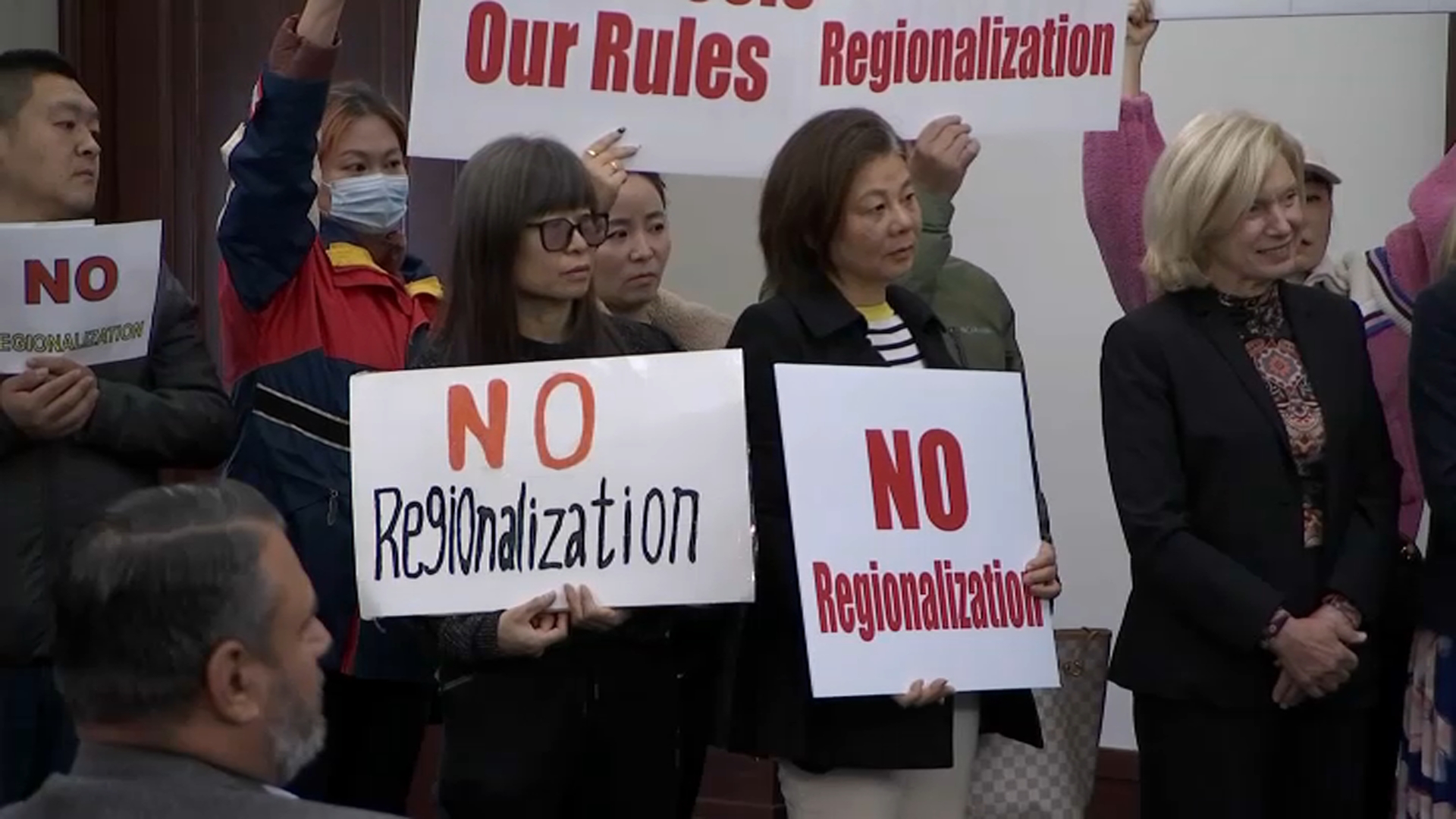What to Know
- Documents show Mylan paid for opposition research on a generic EpiPen proposed by an Israeli pharmaceutical company, Teva
- The study indicated a 93 percent failure rate, but experts say the study was significantly flawed
- Meanwhile, Mylan says its own generic EpiPen will be out in a few weeks and priced around $300
The CEO of Mylan Pharmaceuticals announced the launch of its own cheaper version of the EpiPen this week on the heels of a price hike uproar. But for years, Mylan and its business partners have fought fiercely behind the scenes to block a cheaper generic from hitting the market, the I-Team has learned.
Documents reviewed by the I-Team show the Pennsylvania-based drug firm paid for opposition research on a generic EpiPen proposed by Teva, an Israeli pharmaceutical company.
The study concluded the Teva product would have a 93 percent failure rate.
But experts on research methodology say the study has significant flaws, including the lack of any control group, the lack of any statistical significance, and the fact that study participants were instructed “not to actually manipulate the device or perform the injection.”
"The study was just flawed from start to finish," said Diana Zuckerman, who heads the National Center for Health Research, a nonprofit that monitors Food and Drug Administration regulatory policy.
Mylan declined to say how much the company paid to commission the opposition research. In an email to the I-Team, Nina Devlin, a company spokeswoman, defended the integrity of the study, saying it "offered a valid examination" of Teva's product design and how the injector might be used in an emergency.
Local
That study, part of a submission to the FDA called a Citizen Petition, was just one flank in a strategy aimed at blocking the cheaper Teva generic. The company also submitted expert testimony from Dr. Eli Meltzer, a California allergist and former FDA consultant who wrote:
"There are clinically significant – in fact, life-threatening – risks to having patients and caregivers (who are trained and familiar with the EpiPen® / EpiPen Jr ® epinephrine auto-injector) use, without physician intervention or retraining, a generic epinephrine auto-injector…."
Federal records show Meltzer has accepted at least $94,000 in speaking fees and travel expenses paid by Mylan since 2014.
Meltzer declined to comment, but Mylan said he is a respected expert in his field.
“The relevant question is whether Dr. Meltzer’s views stand up to objective scrutiny, and they do,” Devlin wrote.
Citizen Petition, including opposition research, routinely delay FDA decision-making because the agency is required to review the material, no matter how scientifically sound. In some cases, health regulators take weeks, months or even years to respond to Citizen Petitions.
Michael Carrier, a Rutgers law professor who reviewed 15 years' worth of Citizen Petitions, found only a small minority of the filings actually come from individual citizens. Instead, he found more than two thirds come from brand name companies and most of those petitions seek to block cheaper generics from hitting the market.
"It's really about the brand company delaying the generic from entering the market,” Carrier said. “Because every day that they can delay generic entry could be millions of dollars lining its pockets.”
Carrier also said brand name companies often strategically time the filing of their Citizen Petitions to coordinate with patent infringement lawsuits – which also work to slow down generics seeking FDA approval.
That is what may have happened with Teva's version of the EpiPen, Carrier said.
In 2009, Mylan's manufacturing partners filed a lawsuit against Teva claiming the generic EpiPen infringed on patent protections. In 2012, Teva settled that case -- agreeing not to bring its generic to market until mid-2015. Although Mylan could have filed a Citizen Petition in 2012 or earlier, the company waited until Jan. 2015.
"2015 comes and it looks like Teva could enter the market [and] all of the sudden the Citizen Petition comes," Carrier said. “Again, seeming like the timing is really to delay the generic entry.”
Teva declined to comment on whether it received any payment in exchange for the legal settlement keeping its generic EpiPen off the market between 2012 and 2015. In 2013, The Supreme Court ruled that certain pay-for-delay deals were anticompetitive and illegal.
Last year the FDA formally rejected the Mylan Citizen Petition to block the Teva product, but health regulators found other reasons to withhold approval for Teva’s version of the EpiPen. In February, the company reported that the government found "certain major deficiencies" with its design.
An FDA spokeswoman said she could not elaborate on the findings, citing corporate confidentiality.
Teva now expects to offer a generic option no sooner than 2017.
Meanwhile, Mylan has announced its own generic EpiPen will be out in a few weeks and priced around $300. But the company will continue to enjoy a monopoly, also selling the brand-name version for about $600.



